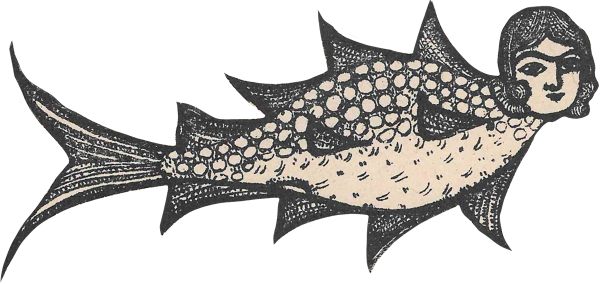
Poetry /
Monir Taha's meegan ké jangé jangé
In this first lesson on Monir Taha's poem "meegan ké jang-é, jang-é," we talk to Naz Deravian, Monir's daughter and author of the cookbook Bottom of the Pot, about the poem in general, the context in which it was written, and about the poet herself.
Listen Now
Download lesson MP3GREETINGS:
hello
سَلام
how are you?
چِطوری؟
Note: In Persian, as in many other languages, there is a formal and an informal way of speaking. We will be covering this in more detail in later lessons. For now, however, chetor-ee is the informal way of asking someone how they are, so it should only be used with people that you are familiar with. hālé shomā chetor-é is the formal expression for ‘how are you.’
Spelling note: In written Persian, words are not capitalized. For this reason, we do not capitalize Persian words written in phonetic English in the guides.
ANSWERS:
I’m well
خوبَم
Pronunciation tip: kh is one of two unique sounds in the Persian language that is not used in the English language. It should be repeated daily until mastered, as it is essential to successfully speak Persian. Listen to the podcast for more information on how to make the sound.
| Persian | English |
|---|---|
| salām | hello |
| chetor-ee | how are you? |
| khoobam | I’m well |
| merci | thank you |
| khayli | very |
| khayli khoobam | I’m very well |
| khoob neestam | I’m not well |
| man | me/I |
| bad neestam | I’m not bad |
| ālee | great |
| chetor-een? | how are you? (formal) |
| hālé shomā chetor-é? | how are you? (formal) |
| hālet chetor-é? | how are you? (informal) |
| khoob-ee? | are you well? (informal) |
| mamnoonam | thank you |
| chetor peesh meeré? | how’s it going? |
| ché khabar? | what’s the news? (what’s up?) |
| testeeeee |
Coming Soon